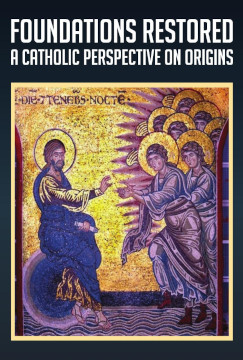- Welcome to St. Isidore forum.
Missa pro vitanda mortalitate, vel tempore pestilentiæ: Cdl. Schuster commentary
Started by Geremia, March 30, 2020, 03:26:21 AM
Previous topic - Next topic0 Members and 2 Guests are viewing this topic.
User actions






